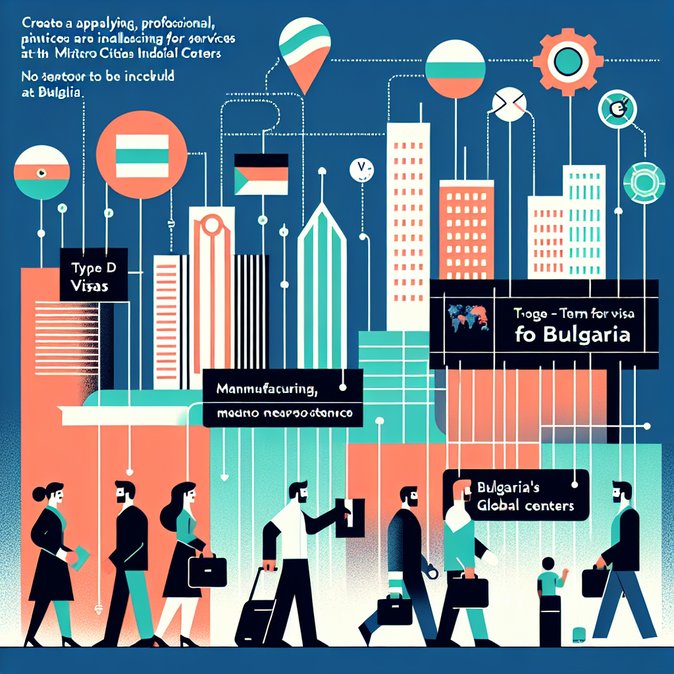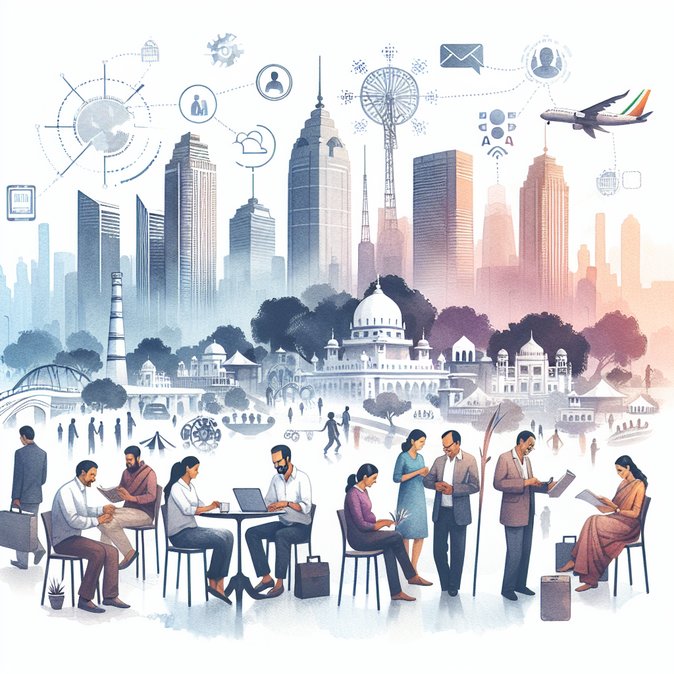
From 1 November 2025, Indian nationals seeking Bulgaria’s long-term (Type D) visa no longer need to fly to New Delhi. Under a new outsourcing pact with VFS Global, the Embassy of Bulgaria has activated visa-application centres in Ahmedabad, Bengaluru, Chennai, Kolkata and Mumbai, while retaining New Delhi as the flagship hub.
The decentralisation is a significant win for Indian students, tech professionals and family-reunion applicants. Bulgaria has quietly become an alternate gateway to the European Union’s labour market; its Startup Visa and Blue-Card programmes allow intra-EU mobility after 12 months of local residence. Until now, the cost of travelling to Delhi for biometrics deterred many Tier-II city applicants. VFS Global will now collect biometrics and documentation locally, cutting travel expenses by an estimated ₹20,000–₹35,000 per applicant.
![Bulgaria Opens Long-Term ‘D’ Visa Centres in Six Indian Cities]()
Operational details: appointments for New Delhi opened on launch day, while the other five cities will release slots in mid-November to allow a staggered ramp-up of staffing and IT systems. Processing times remain 45 calendar days, but the embassy says e-notifications and status-tracking are being upgraded to shave “at least one week” off routine cases.
Corporate-mobility impact: Indian IT outsourcers eyeing Sofia’s cost-competitive talent hub can now relocate staff more quickly. Employers should, however, budget for Bulgaria’s new mandatory health-insurance coverage (minimum €60,000) and ensure that degree apostilles comply with both Bulgarian and EU standards.
The move also advances Bulgaria’s bid for Schengen-area accession (projected for 2026). By demonstrating high-volume visa-handling capability in a large market like India, Sofia strengthens its case that its consular and border systems meet EU benchmarks. For Indian travellers, the immediate benefit is logistical ease; strategically, it widens options for EU entry in an increasingly competitive visa landscape.
The decentralisation is a significant win for Indian students, tech professionals and family-reunion applicants. Bulgaria has quietly become an alternate gateway to the European Union’s labour market; its Startup Visa and Blue-Card programmes allow intra-EU mobility after 12 months of local residence. Until now, the cost of travelling to Delhi for biometrics deterred many Tier-II city applicants. VFS Global will now collect biometrics and documentation locally, cutting travel expenses by an estimated ₹20,000–₹35,000 per applicant.

Operational details: appointments for New Delhi opened on launch day, while the other five cities will release slots in mid-November to allow a staggered ramp-up of staffing and IT systems. Processing times remain 45 calendar days, but the embassy says e-notifications and status-tracking are being upgraded to shave “at least one week” off routine cases.
Corporate-mobility impact: Indian IT outsourcers eyeing Sofia’s cost-competitive talent hub can now relocate staff more quickly. Employers should, however, budget for Bulgaria’s new mandatory health-insurance coverage (minimum €60,000) and ensure that degree apostilles comply with both Bulgarian and EU standards.
The move also advances Bulgaria’s bid for Schengen-area accession (projected for 2026). By demonstrating high-volume visa-handling capability in a large market like India, Sofia strengthens its case that its consular and border systems meet EU benchmarks. For Indian travellers, the immediate benefit is logistical ease; strategically, it widens options for EU entry in an increasingly competitive visa landscape.










